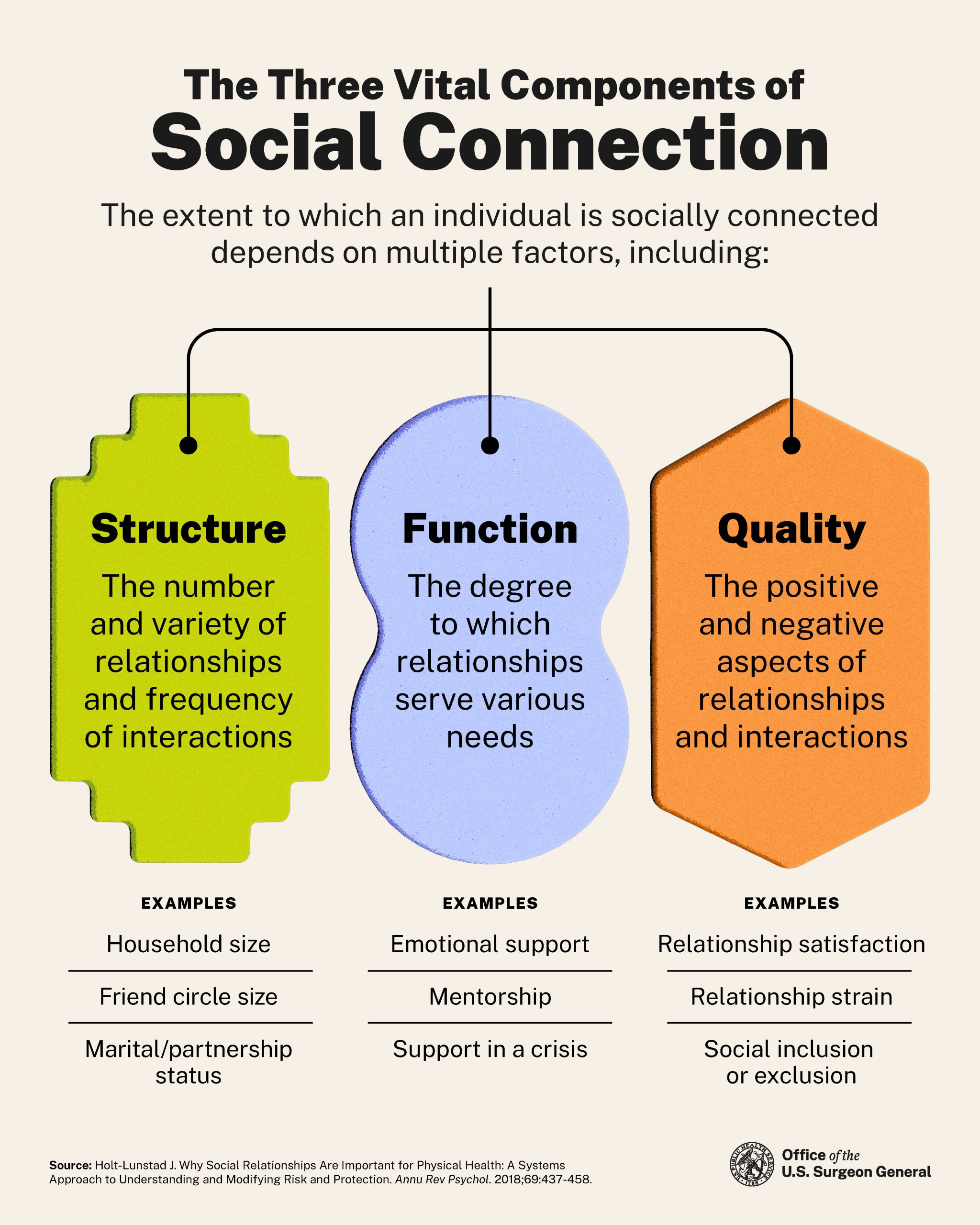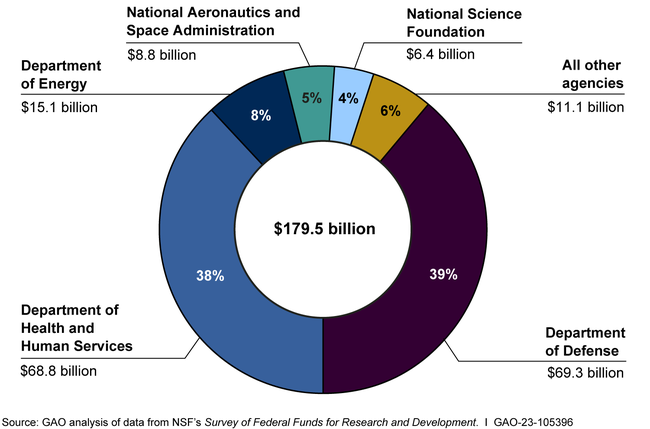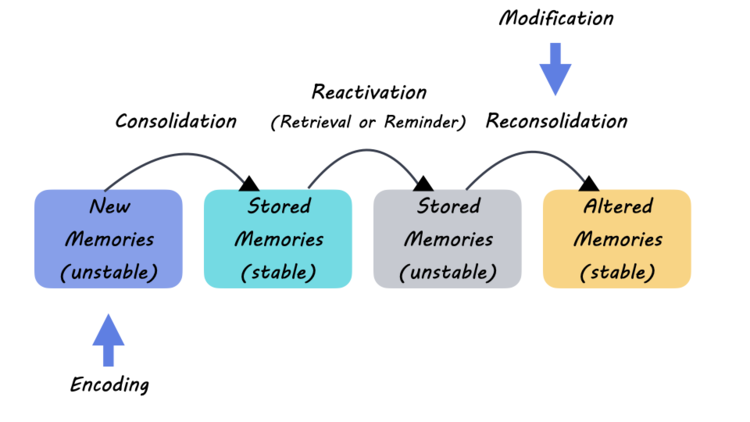Social connection research has emerged as a pivotal area of study, highlighting the intricate relationship between our neurological systems and the fundamental human need for social interaction. Many health professionals recognize the significance of these connections, considering them as vital to overall well-being as basic necessities like food and water. Recent investigations into the neurological basis of social needs have unveiled how our brains respond to isolation and the impact it has on mental health and social behavior. By studying the physiological and emotional repercussions of social isolation, researchers are uncovering the depth of its effects on our psyche, including the profound importance of tactile sensations, such as hugging and touch in socialization. As we continue to explore these connections, it becomes increasingly clear that fostering social relationships may be essential for a healthier society, echoing the age-old adage that humans are, indeed, social creatures.
The exploration of interpersonal bonds and the need for companionship is crucial in understanding human behavior. Often referred to through various lenses such as social neuroscience or the study of social bonding, this research dives into the brain’s response to companionship and the detrimental effects of solitude. As social interactions are revealed to be as critical as other physiological needs, scholars are keenly examining the dynamics of how social behaviors influence well-being. Recent studies spotlight how lacking direct human contact can detrimentally affect mental health, leading to heightened awareness of the implications of social behavior on daily life. Understanding these underlying processes not only elucidates the nature of social connections but also highlights how integral they are for sustaining health and happiness in our increasingly isolated world.
Understanding the Neurological Basis of Social Needs
Recent research has revealed that social connection is fundamental to our well-being, much like our physiological requirements for food and water. Studies have shown that the brain has specific circuits dedicated to processing social needs, paralleling those that respond to hunger and thirst. This groundbreaking work, led by researchers such as Ding Liu and Catherine Dulac, delves into the hypothalamic region, elucidating how it regulates our desire for social interactions. By examining these neurological pathways, we can begin to understand why social contact is a vital aspect of human behavior.
The importance of understanding the neurological basis for social needs extends beyond academic interest; it holds profound implications for mental health. Mental disorders, including depression and autism, are often characterized by difficulties in forming meaningful social connections. As the research highlights, a deeper understanding of how the brain’s wiring influences our social behaviors could lead to more effective interventions for these conditions. Utilizing LSI principles, it is crucial to continue exploring the ‘neurological basis of social needs’ to rectify the debilitating impacts of social isolation on mental health.
The Impact of Social Isolation on Mental Health
Social isolation has emerged as a significant public health concern, especially in the wake of the COVID-19 pandemic. Researchers have documented the adverse effects of loneliness on mental health, indicating that prolonged isolation can lead to increased anxiety, depression, and other psychological issues. The U.S. Surgeon General’s identification of social isolation as a major health issue underscores the urgent need to address this growing epidemic. By studying the implications of social isolation through an LSI lens, we can uncover patterns and correlations that highlight its detrimental effects on emotional and cognitive health.
Moreover, the research underscores that individuals who experience social isolation often face challenges in regulating their emotions and may struggle with social behaviors. Understanding how isolation affects our brain’s neurological pathways offers an insightful perspective on mental health treatment. With an emphasis on the interrelationship between ‘mental health and social behavior’, mental health professionals can tailor interventions that prioritize enhancing social connections. This can help alleviate the negative impacts of social isolation and foster resilience in vulnerable populations.
The Importance of Social Interaction for Well-Being
The role of social interaction in fostering mental and emotional health cannot be overstated. Scientific studies consistently demonstrate that positive social engagements contribute to lower levels of stress, enhanced happiness, and overall improved well-being. These interactions are particularly vital for children’s development, as they provide a framework for building relationships and social skills. By emphasizing the ‘importance of social interaction’, we can advocate for communal initiatives aimed at enhancing social bonds within communities.
In today’s increasingly digital world, where face-to-face interactions are often replaced by virtual communications, emphasizing the necessity of genuine social contact has never been more critical. Engaging in regular social interactions—whether through family gatherings, community events, or supportive networks—enables individuals to cultivate a sense of belonging and worth. The ‘importance of social interaction’ resonates with basic human instincts and is instrumental in nurturing mental well-being.
The Role of Touch in Social Connections
Physical touch has been identified as an essential component of social interaction. Research indicates that tactile experiences, such as hugging or handshakes, significantly enhance emotional bonds and help individuals better navigate social environments. In animal studies, such as those conducted by Liu and Dulac, the preference for soft, tactile surfaces post-isolation reveals the profound influence of touch on social needs. This finding mirrors human behavior, where touch plays a pivotal role in forming and maintaining relationships.
Consequently, understanding the role of touch in fostering social connections can lead to enriched interpersonal experiences. By recognizing the biological and psychological foundations associated with ‘hugging and touch in socialization’, we can advocate for practices that incorporate physical touch into social interactions, particularly in therapeutic settings. This knowledge serves as a reminder that our need for tactile stimulation is intrinsic and crucial for our overall mental and emotional well-being.
Navigating Social Behavior in the Digital Age
As the world becomes increasingly interwoven with technology, understanding the evolution of social behavior through digital platforms becomes crucial. The proliferation of social media and online communication methods has transformed how humans engage with one another. While these tools provide opportunities for connection, they can also inadvertently exacerbate feelings of isolation due to the lack of physical presence and touch. Researchers argue that despite the convenience of virtual interactions, they cannot substitute the depth and richness of in-person relationships.
The challenge is to balance digital and face-to-face interactions to maintain psychological well-being. Findings suggest that strong, in-person connections are vital for supporting mental health, particularly as the younger generations gravitate toward online engagement. To foster a sense of community and connectedness, individuals and organizations must prioritize initiatives that encourage real-world interactions. Addressing how ‘social behavior’ is shaped in a digital context can lead to better understanding and reinforcement of essential social bonds.
Exploring the Connection Between Social Needs and Physical Health
Emerging research indicates that social needs are intricately linked to physical health outcomes. Studies reveal a compelling connection between social isolation and various health issues, including cardiovascular problems and weakened immune function. The neurological foundations of social needs provide a pathway to comprehend how lack of adequate social interactions can trigger detrimental effects on the body. Understanding this interplay between mental and physical health underscores the necessity of nurturing social relationships as part of a holistic health care approach.
Furthermore, the growing recognition of how mental health and physical well-being interconnect highlights the need for a comprehensive strategy that targets both realms. By fostering environments where social connections flourish, we can enhance individuals’ overall health. Emphasizing the role of ‘social interaction’ in preventive healthcare can encourage policies and programs aimed at building community engagement, ultimately contributing to stronger and healthier societies.
The Biological Imperative for Social Living
Biologically, humans are wired for social living; this intrinsic need is rooted in our evolutionary history. Social species rely on group dynamics for survival, where cooperation and communication play pivotal roles. The neurological underpinnings of social connection, particularly within the hypothalamus, validate the theory that our need to engage with others is not merely a social choice, but a biological imperative akin to our basic needs for food and water. Understanding this ‘biological imperative for social living’ can shed light on why isolation feels so distressing to many.
As research continues to unveil the complexities of our social wiring, it reinforces the idea that healthy societies are built on supportive networks. By acknowledging and addressing our biological drives for connection, we can create environments that foster community and counteract the negative influences of isolation. This foundational understanding can inform mental health strategies that integrate interventions focusing on both individual needs and the importance of fostering collective well-being.
Enhancing Social Skills for Healthier Relationships
Developing strong social skills is essential for forming healthy relationships and mitigating the risks associated with social isolation. Training programs aimed at enhancing interpersonal communication, empathy, and emotional intelligence can help individuals navigate their social environments more effectively. When combined with research on the neurological basis of social needs, these programs can offer a science-backed approach to cultivating meaningful interactions. Investing in social skills development encourages individuals to form connections that contribute to their mental health and overall happiness.
Moreover, fostering social literacy within communities can lead to increased support networks, reducing feelings of alienation and loneliness. By providing resources and training that emphasize the ‘importance of social interaction’, we can empower individuals to create fulfilling relationships. Recognizing the need for improvement in social skills allows individuals to engage more thoughtfully with others, enriching their lives and reinforcing the crucial bond between social behavior and mental well-being.
Social Connection and Community Well-Being
The concept of social connection extends beyond individual relationships; it is integral to the well-being of communities as a whole. Strong communities foster environments where individuals feel valued and supported, enhancing the overall quality of life. Studies have shown that communities characterized by high levels of social interaction tend to report better mental and physical health outcomes. As a result, investing in community-building initiatives can lead to substantial improvements in public health and social cohesion.
In this context, promoting ‘social connection research’ can help underscore the transformative power of fostering social ties within neighborhoods. By addressing barriers to engagement and creating spaces for interaction, communities can strengthen their social fabric. Efforts aimed at enhancing community outreach and involvement can ultimately lead to healthier populations, emphasizing the need for policy and funding that supports social initiatives to promote collective well-being.
Frequently Asked Questions
What is the neurological basis for social needs according to recent social connection research?
Recent social connection research highlights that the neurological basis for social needs is similar to basic physiological needs like hunger and thirst. Researchers, including those in the Catherine Dulac Lab, have identified specific neurons in the hypothalamus that drive social behavior, asserting that the need for social interaction is critical for mental health and mirrors the necessity for food and water.
How does social isolation impact mental health based on social connection studies?
Studies reveal that social isolation significantly impacts mental health by exacerbating conditions such as depression and anxiety. The U.S. Surgeon General identified social isolation as a public health crisis in 2023, indicating that a lack of social interaction can lead to deteriorated mental states, similar to the repercussions of physical deprivation.
Why is social interaction considered a basic human need in social connection research?
Social interaction is seen as a basic human need because it plays a crucial role in maintaining mental health and emotional well-being. Research suggests that the desire for social connection is hardwired in our brains, and engaging in meaningful social interactions prevents negative emotional states, thus supporting overall health and quality of life.
What role does touch and hugging play in socialization according to social connection research?
Touch and hugging are essential components of socialization reflected in social connection research. They satisfy crucial sensory inputs necessary for social fulfillment, with studies showing that tactile interaction can significantly enhance emotional connection and reduce feelings of isolation, thereby positively affecting mental health.
What insights have been gained about the importance of social interaction from social connection research?
Social connection research provides insights into how deeply social interaction is tied to our neurological processes. It emphasizes that avoiding social isolation is akin to fulfilling basic physiological needs like food and water, underscoring the fundamental role of social connections in promoting mental health and psychological stability.
| Key Point | Details |
|---|---|
| Social Connection as a Basic Need | Healthcare professionals consider social connection comparable to other essential needs like food and shelter, highlighting its importance in well-being. |
| Surgeon General’s Identification | In 2023, the U.S. Surgeon General deemed social isolation a significant public health concern. |
| Neurological Basis of Social Connection | A study titled “A Hypothalamic Circuit Underlying the Dynamic Control of Social Homeostasis” seeks to unveil how the brain regulates social behaviors and the need for companionship. |
| Ding Liu’s Findings | Research led by Ding Liu proposes that the drive for social interaction may be more linked to avoiding discomfort than seeking pleasure. |
| Isolation Experiments | Mice studies showed distinct social behaviors during isolation and reunion, indicating how social deprivation affects neural activity and behavior. |
| Role of Touch in Social Interaction | Experiments demonstrated that touch is crucial for fulfilling social needs, paralleling human interactions such as hugging and handshaking. |
| Implications for Humans | Insights about social behavior gaps due to screen interactions could help understand the psychological foundations of human relationships. |
Summary
Social connection research highlights the fundamental need for human interaction, comparable to food and shelter. As outlined in recent discoveries, the neurological underpinnings of this demand explain how social isolation can impact mental health. These findings not only emphasize the biological necessity of companionship but also call attention to the implications of reduced face-to-face interactions in today’s digital age. Understanding social connection at such a level is crucial for fostering healthier relationships and improving overall well-being.



